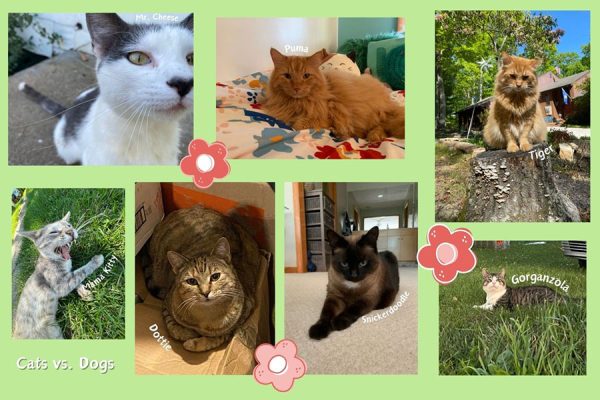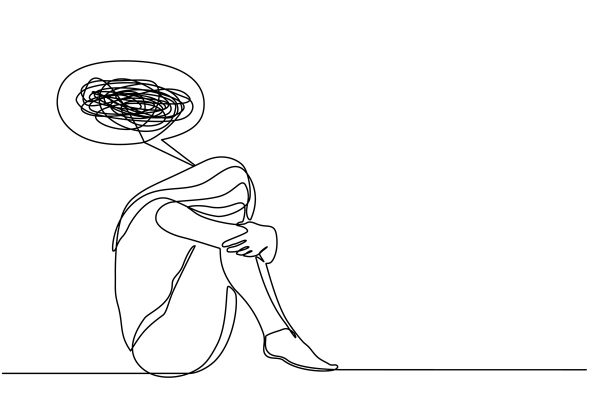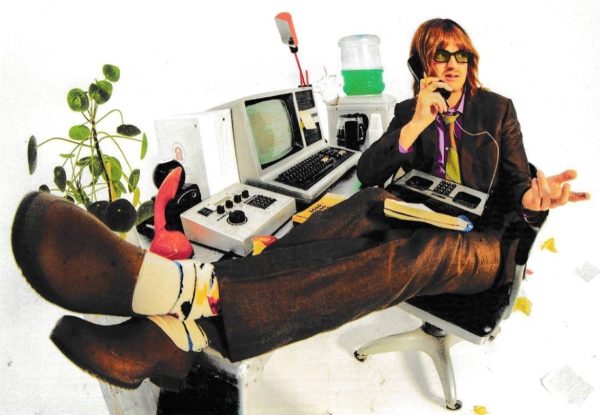Too much coffee, not enough rest
Why caffeine addiction is taking away from good sleep
More stories from Erica Jones
Photo by Erica Jones
Some students depend on coffee to keep them awake. According to Harvard University, people who drink coffee regularly tend to add calorie-rich extras like creamer and sugar.
I am exhausted.
Unfortunately for me, it’s not in a fun “I stayed out with my friends all night and didn’t get home until 2 a.m.” kind of way.
It’s more like an “I worked every day this weekend and had no time to study for my exam so I had to cram until 2 a.m.” way.
I know I’m not in this alone. Any college student can take a look at their social media and find out their friends and the people they follow are just as tired as they are.
The problem is we’ve all been conditioned to think this is the way it’s supposed to be. We tend to accept it because everyone around us feels the same way and that makes it OK.
In order to cope with a lack of sleep, many students resort to chugging caffeinated beverages like tea, energy drinks or coffee. According to Harvard University’s “Coffee by the Numbers,”
54 percent of Americans drink coffee every day and the average number of cups is just over three per day.
In high school, I could easily get 10 or more hours of sleep every night and my schedule allowed a midday nap. As a sophomore in college, if I don’t find time to take a nap, I find myself falling asleep in class because I physically can’t make it through a full day. I am struggling to survive on five or so hours of sleep each night.
It may be because I’m tired, but I don’t like that I’m surrounded by slogans that normalize sleep deprivation and coffee dependency.
“Coffee before talkie,” “But first, coffee” and “A yawn is a silent scream for coffee” are just a few I’ve seen.
While everyone needs an occasional pick-me-up, a caffeine addiction is not something to take lightly, especially when it is viewed as a replacement for regular sleep.
According to an article on How Stuff Works, caffeine works by blocking a sleep chemical called adenosine from its receptors in the brain. Since the receptors are blocked, increased neuron firing takes place, tricking the brain into thinking there is some kind of emergency. This leads to a chain of events which tells the adrenal glands to release adrenaline.
Essentially, caffeine works as a loophole for the brain, triggering reactions opposite from sleep and convincing consumers their bodies and minds are fine with only the few hours of rest they crammed in the night before.
Health Research Funding states 75 percent of coffee drinkers are addicted. Numbers 17 and 18 on the site’s list of 25 shocking coffee facts state caffeine can be beneficial in low doses, increasing alertness and cognitive functions.
At the same time, caffeine overdose “can cause manic episodes, panic attacks, hallucinations, delusions, disorientation, and the lowering of one’s inhibitions.”
I have enough problems on my own without adding all in of those aforementioned side effects.
It’s time for everyone to dial down the coffee dependency and alternatively focus on going to sleep at a decent time to get the recommended 7-8 hours of sleep. It’s not easy, but it’s better for our overall health.
Instead of “coffee before talkie,” why don’t we popularize “count those sheep and get some sleep?”
For more information on what happens to your body when you don’t sleep, watch this TED-Ed video.











Alisha Ross • Nov 18, 2019 at 12:41 am
Good post. I learn something new and challenging on sites I
stumbleupon everyday. It will always be helpful to read content from other authors and use a
little something from their web sites
Regards
Ross Alisha